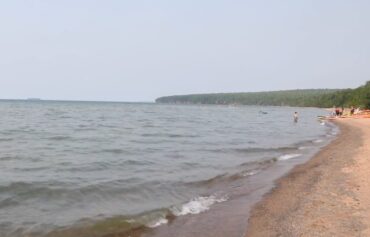-
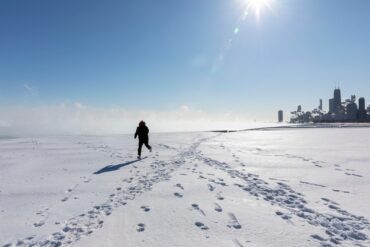 Climate ChangeFeature HomepageLake MichiganLatest NewsNewsRecreation and TourismScience, Technology, Research
Climate ChangeFeature HomepageLake MichiganLatest NewsNewsRecreation and TourismScience, Technology, ResearchWarmer winters mean less ice on Lake Michigan – hurting lake trout and whitefish
-All of the Great Lakes are experiencing declining ice coverage in the winter, which could affect recreation and shorelines.
00 -
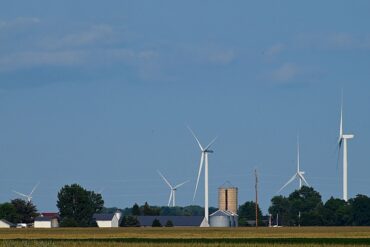 Charles Stewart Mott Foundation PartnershipCollaborationIndustry, Energy, Economic DevelopmentLatest NewsNews
Charles Stewart Mott Foundation PartnershipCollaborationIndustry, Energy, Economic DevelopmentLatest NewsNewsGroup launches campaign to overturn Michigan solar siting law
-Opponents of the new law, which stripped away local permitting control over large wind and solar projects, are pushing a ballot initiative that would ask voters in November to overturn the law.
-
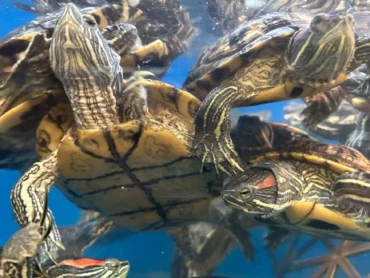 Feature HomepageFish, Birds and AnimalsHistory and CultureLatest NewsNewsScience, Technology, Research
Feature HomepageFish, Birds and AnimalsHistory and CultureLatest NewsNewsScience, Technology, ResearchPoints North: The turtle takeover
-Red-eared sliders are one of the most common pet turtle species in the world. They can grow to the size of dinner plates and live around 40 years. Because of that, people often release them. That causes a big problem.
-

Michigan group looks to grow a statewide coalition for water affordability
-Lawmakers and advocates say new legislation is needed.
-
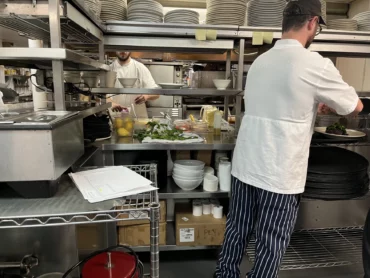
‘A valuable resource’: Traverse City restaurants aim to reduce food waste, greenhouse gases
-So far about a dozen of Traverse City’s downtown restaurants have said they are interested in composting.
-
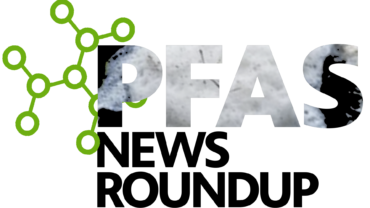
PFAS News Roundup: ‘Forever chemicals’ awareness lacking among U.S. adults
-Catch the latest updates on what’s happening with PFAS in this biweekly headline roundup.
-
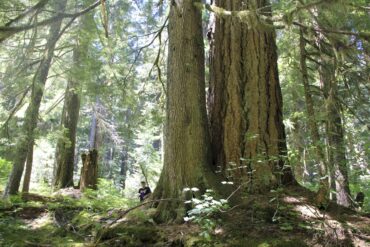 APForests and PlantsLatest NewsNewsPolitics, Policy, Environmental JusticeScience, Technology, ResearchU.S. and Canadian Federal Governments
APForests and PlantsLatest NewsNewsPolitics, Policy, Environmental JusticeScience, Technology, ResearchU.S. and Canadian Federal GovernmentsBiden administration moves to protect old-growth forests as climate change brings fires, pests
-The Biden administration moved to conserve groves of old-growth trees on national forests across the U.S. and limit logging as climate change amplifies the threats they face from wildfires, insects and disease.
-
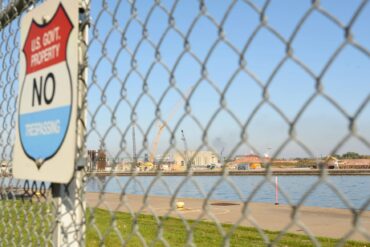 Charles Stewart Mott Foundation PartnershipCollaborationEquity and Environmental JusticeHistory and CultureIndigenous CommunitiesLatest NewsMichiganNewsPolitics, Policy, Environmental Justice
Charles Stewart Mott Foundation PartnershipCollaborationEquity and Environmental JusticeHistory and CultureIndigenous CommunitiesLatest NewsMichiganNewsPolitics, Policy, Environmental JusticeUpper Peninsula tribe closer to compensation for land seized by the U.S. government
-The Keweenaw Bay Indian Community would get $34 million if legislation passed by the U.S. Senate is approved by the House and signed by President Joe Biden.


